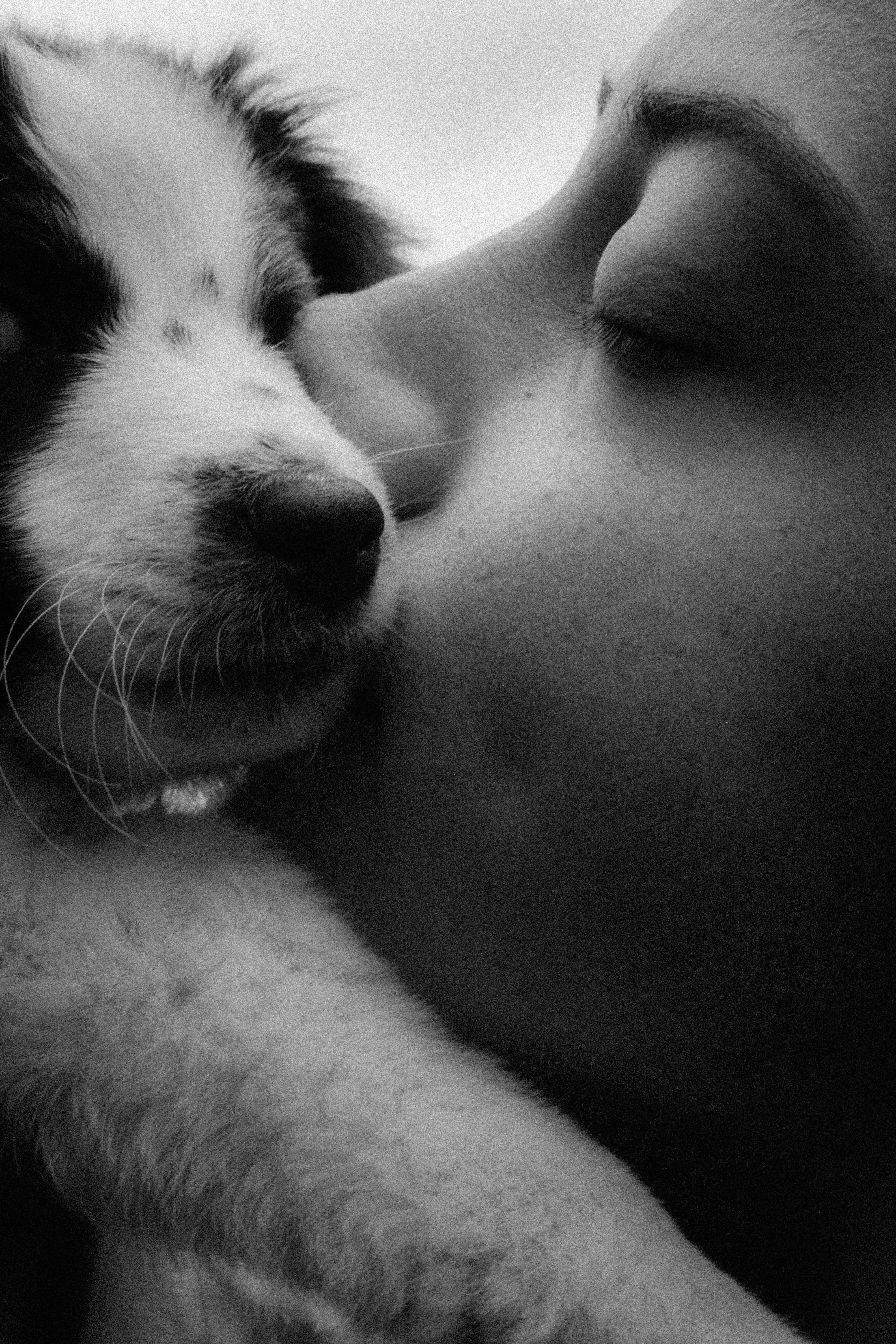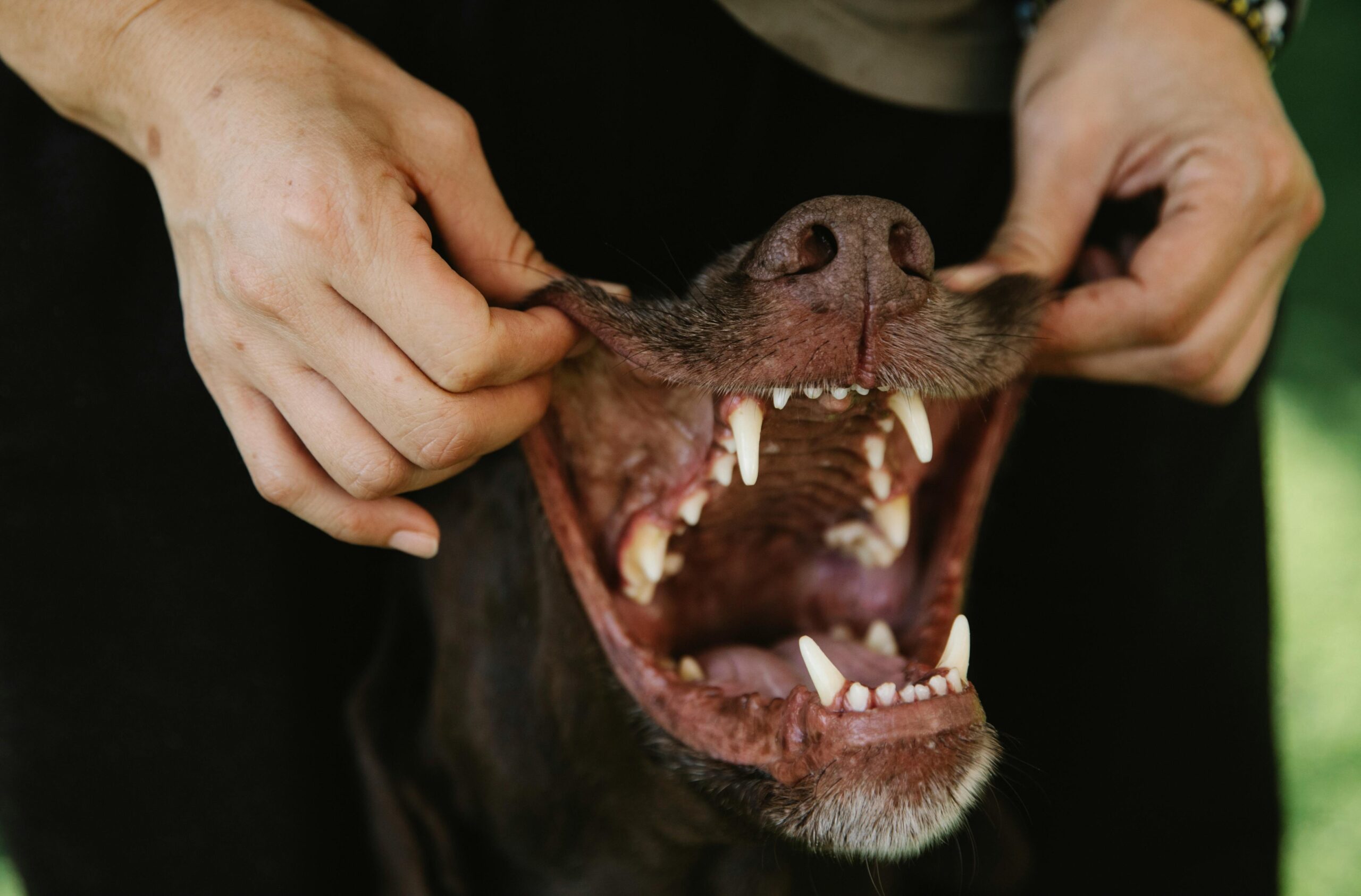Essential Guide to Pet Dental Care in Tucson
Did you know that over 80% of pets show signs of dental disease by the age of three? Pet dental care in Tucson has become a vital aspect of responsible pet ownership. In this comprehensive guide, we’ll explore key concepts, practical steps, and advanced methods to help ensure your pet’s oral health remains top-notch.

Understanding the Fundamentals
Pet dental care in Tucson is not just about clean teeth—it’s about preventing systemic illnesses that originate from oral infections. Understanding the basics helps pet owners act early, avoid high costs, and give their pets longer, healthier lives.
Much like in humans, poor oral hygiene in pets can lead to serious health issues such as heart, liver, or kidney disease. Knowing the core principles of pet dental health makes prevention simple and effective.
1.1 Importance of Preventive Oral Hygiene
Preventive care includes daily brushing, dental-friendly diets, and routine vet visits. According to the American Veterinary Medical Association, pets with regular dental care live up to 20% longer than those without.
In practice, this means fewer vet emergencies, less pain for your pet, and significantly lower long-term costs. Misconceptions like “pets don’t need dental care” often lead to advanced dental disease requiring surgical intervention.
1.2 Recognizing Early Signs of Dental Issues
Early signs include bad breath, excessive drooling, red gums, and difficulty eating. Unlike humans, pets often hide pain, making observation key.
Understanding these symptoms helps prevent escalation. For instance, catching gingivitis early can stop progression to painful periodontal disease.
Practical Implementation Guide
Now that we’ve covered the fundamentals, let’s dive into how Tucson pet owners can implement effective dental care. The following steps offer a clear path to consistent, affordable oral hygiene for pets of all ages.

2.1 Actionable Steps
- Step 1: Begin With an Oral Exam: Schedule a professional veterinary dental exam to assess current dental health.
- Step 2: Invest in Pet-Specific Dental Supplies: Use toothbrushes, enzymatic toothpaste, and dental chews formulated for pets.
- Step 3: Create a Daily Routine: Brushing 2-3 times a week is the minimum—daily is ideal. Establish a regular schedule tied to feeding or playtime.
2.2 Overcoming Challenges
Common issues include pet resistance to brushing, difficulty reaching back teeth, and uncertainty about technique. Overcoming these begins with patience and positive reinforcement.
Warning signs like persistent halitosis or bleeding gums require immediate veterinary attention. Tips include starting with finger brushes and gradually transitioning to full-sized ones, and always rewarding pets with treats or affection afterward.
Advanced Applications
For those already practicing basic care, advanced options can elevate your pet’s oral health. These methods are particularly useful for older pets or those prone to dental disease.

3.1 Professional Cleanings Under Anesthesia
These cleanings allow for thorough removal of tartar below the gum line, x-rays to check root health, and extraction if needed. Clinics in Tucson typically recommend annual cleanings for most pets.
Case studies show that pets undergoing annual cleanings maintain healthier gums and require fewer extractions over time. Performance metrics include reduced gum inflammation and improved appetite post-procedure.
3.2 Dental Radiography and Oral Surgery
Advanced diagnostics like dental x-rays reveal issues invisible to the naked eye. These are crucial for identifying resorptive lesions in cats or fractured roots in dogs.
Many Tucson vet clinics integrate these services into wellness packages, ensuring compatibility with ongoing care plans and reducing the chance of missed diagnoses.
Future Outlook
The future of pet dental care in Tucson is exciting, with emerging technologies like ultrasonic cleaning tools and AI-based diagnostic platforms. These tools promise more accurate assessments and less invasive treatments.
Owners can prepare by choosing clinics that stay current with dental tech, and by attending community wellness events offering free dental screenings and educational materials.
Conclusion
To recap, the three biggest takeaways are: regular dental care prevents disease, professional cleanings add years to your pet’s life, and early signs should never be ignored.
Make pet dental care in Tucson part of your pet’s wellness routine today. Start with a vet consultation and create a manageable brushing routine—your pet will thank you with better health and more smiles.
Frequently Asked Questions
- Q: How often should I brush my pet’s teeth? Ideally every day, but at least 2-3 times per week using pet-safe toothpaste.
- Q: How do I get started with pet dental care? Begin with a veterinary dental check-up and purchase a pet toothbrush and toothpaste.
- Q: How much time does dental care take? Brushing takes about 2-3 minutes per session, plus time for professional cleanings 1-2 times per year.
- Q: How much does pet dental care cost in Tucson? Home care is inexpensive, while professional cleanings range from $150–$600 depending on complexity.
- Q: Is home brushing enough, or do I need vet cleanings too? Brushing helps, but vet cleanings are essential for thorough gum and root care.
- Q: Is dental care difficult for first-time pet owners? It takes a learning curve, but most pets adapt quickly with consistent, gentle training.
- Q: How is pet dental care applied to senior pets? Older pets may need more frequent exams and x-rays to detect hidden dental issues early.
